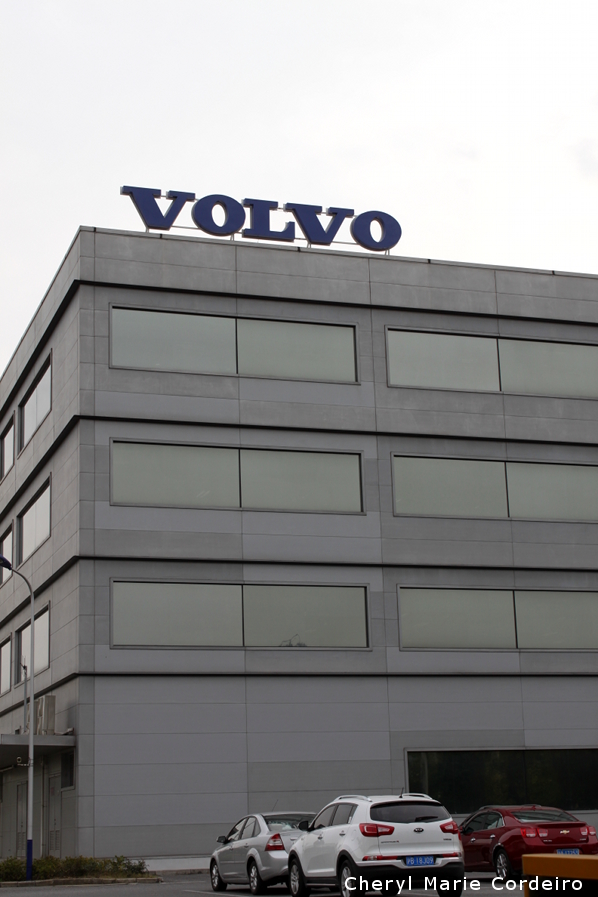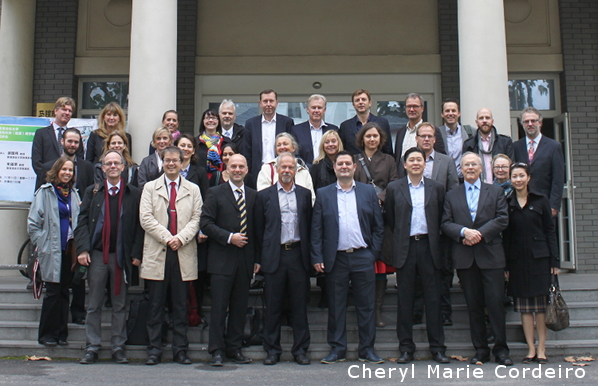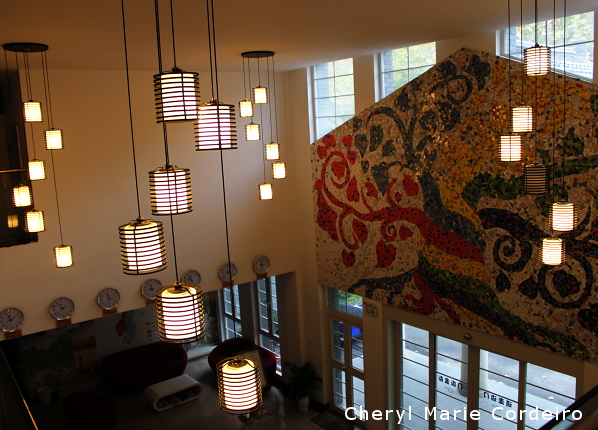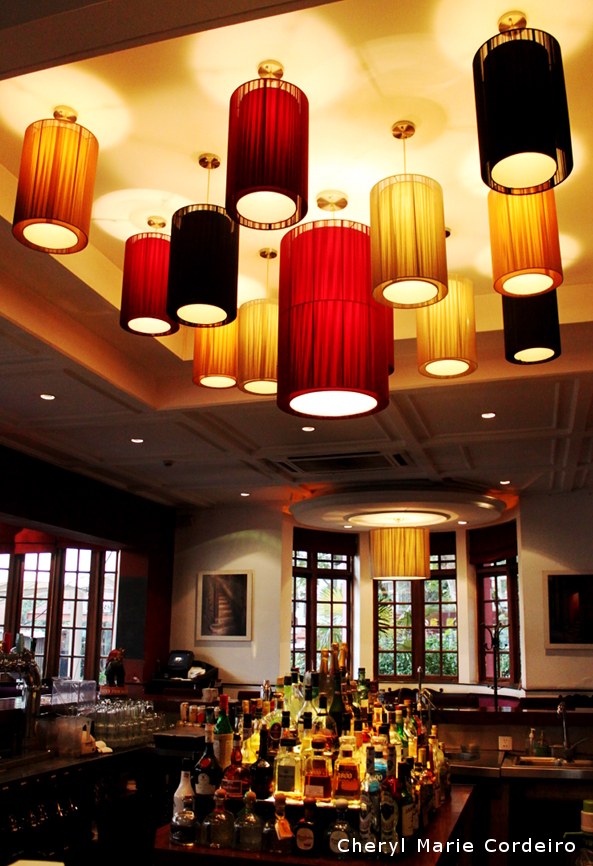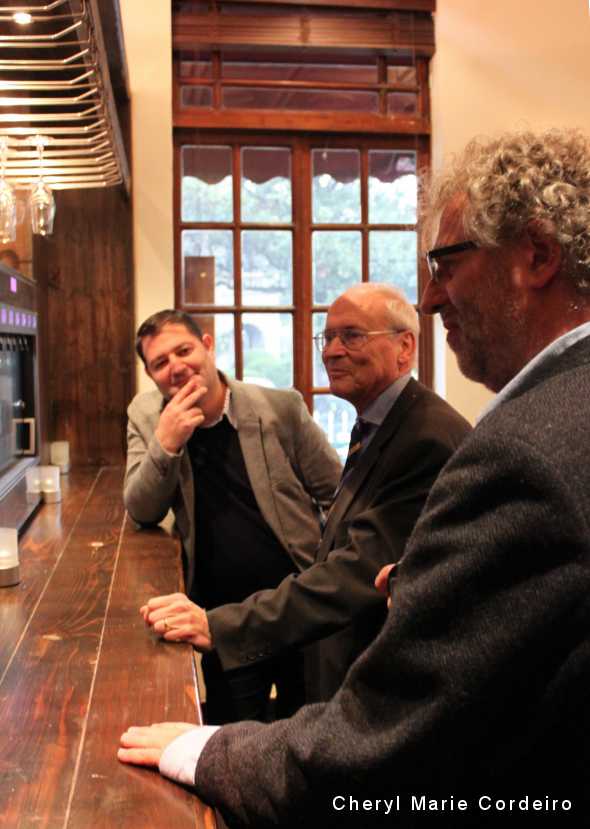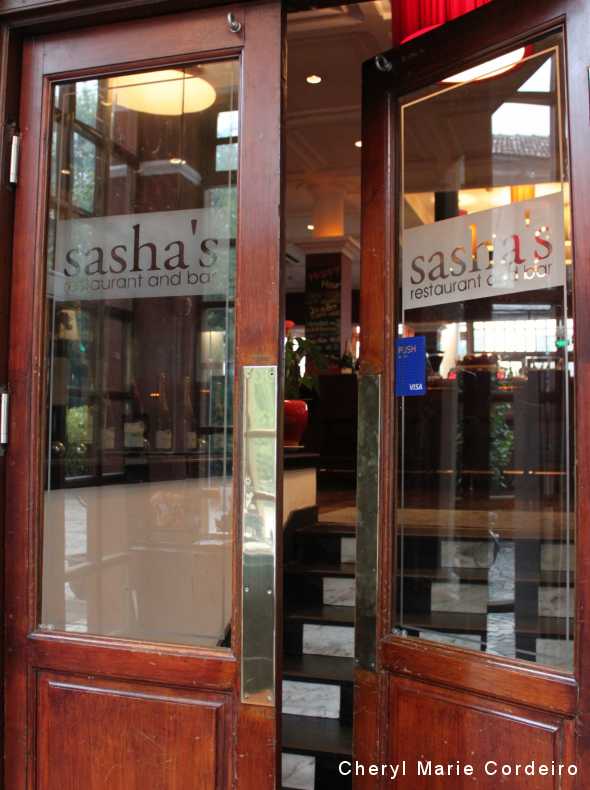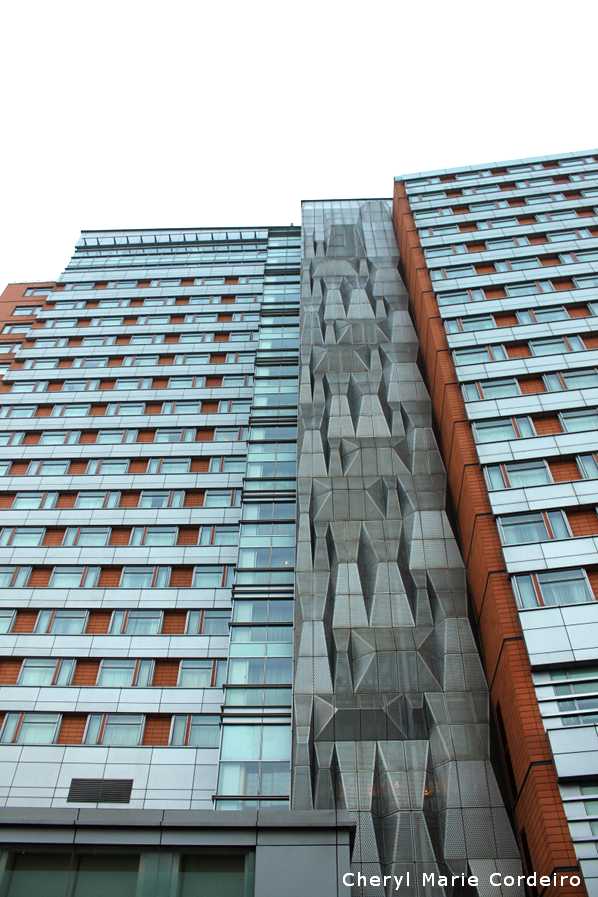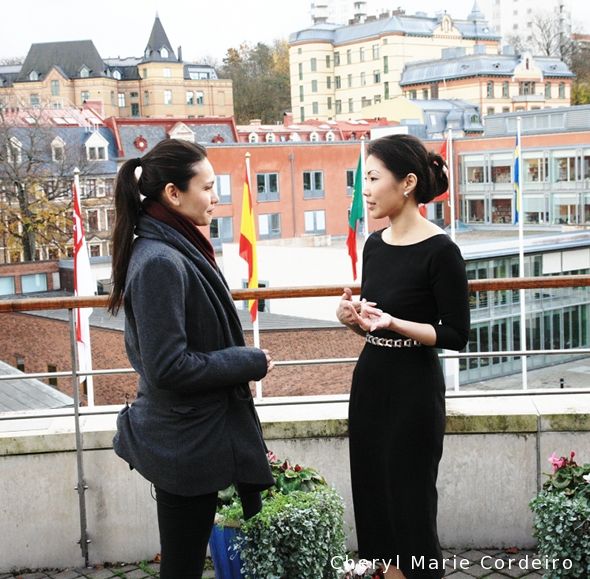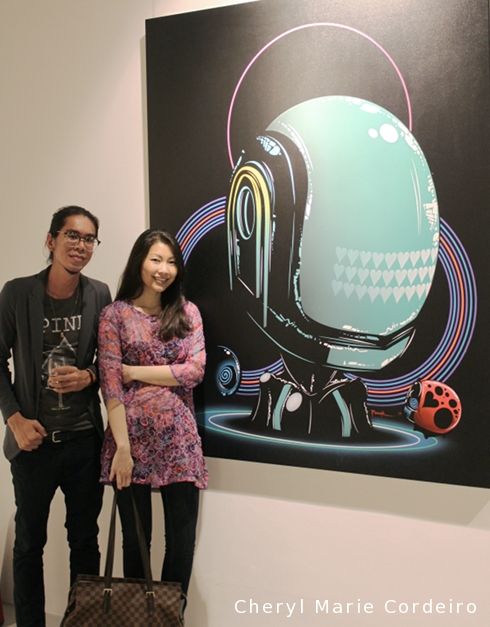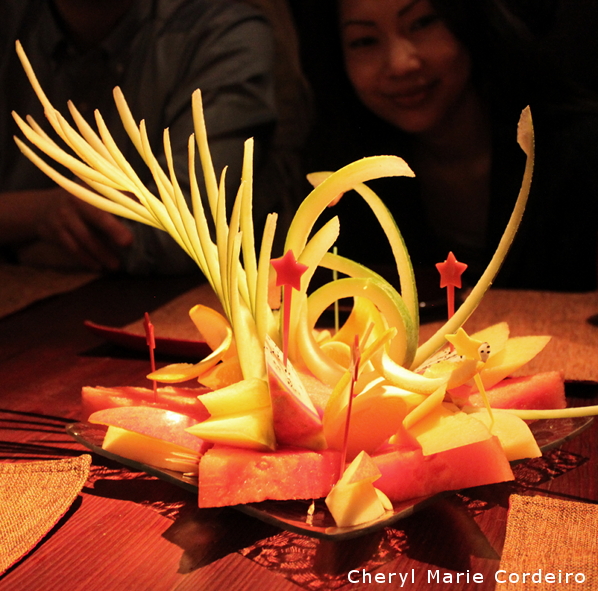
Creative fruit platters.
Lost Heaven, the Bund, Shanghai.
Text & Photo © C Nestor, JE Nilsson, CM Cordeiro 2013
A seduction of the senses at first step through its doors. Deep ruby red against black lacquered wooden furniture, plush table settings and good Yunnan food. Outside, around the corner in a short stroll, the beautiful lights of The Bund after sunset. It is little wonder as to what elements make Lost Heaven an appealing dining venue for that just perfect romantic Shanghai night out.
Good thing, the place, has an address.
